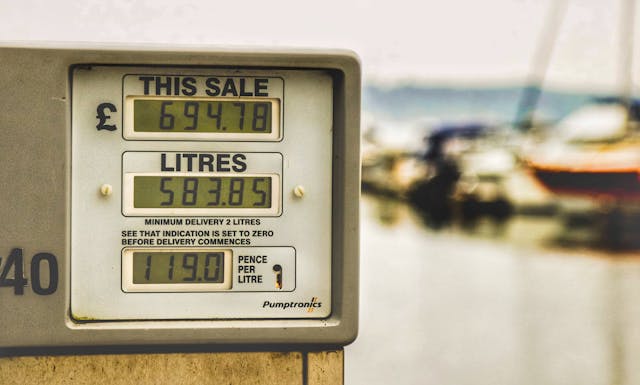Convert MPG to KML – Smart Fuel Economy Calculator

You may enter any one of the values in MPG (US), MPG (UK), KM/L, or L/100km to instantly convert between fuel efficiency units.
MPG to KM/L & L/100km Converter
MPG to KML Conversion Guide — Everything You Need to Know
What is MPG to KM/L?
MPG stands for Miles Per Gallon, a common fuel efficiency measure primarily used in the United States (US) and the United Kingdom (UK). KM/L (kilometers per liter) is the metric equivalent used in many countries worldwide.
Converting MPG to KM/L helps drivers and car buyers compare fuel efficiency across different measurement systems easily.
Different MPG Standards
- MPG (US): Measures miles traveled per US gallon (3.785 liters) of fuel
- MPG (UK): Measures miles traveled per UK gallon (4.546 liters) of fuel, so it’s higher than MPG (US) for the same efficiency
- KM/L: Measures kilometers traveled per liter of fuel, widely used in countries using the metric system
How to Calculate MPG to KM/L and Vice Versa
The basic formulas are:
- MPG (US) to KM/L: multiply MPG by 0.4251
- MPG (UK) to KM/L: multiply MPG by 0.3540
- KM/L to MPG (US): multiply KM/L by 2.3521
- KM/L to MPG (UK): multiply KM/L by 2.8248
- L/100km to KM/L: 100 divided by L/100km
- KM/L to L/100km: 100 divided by KM/L
Why Fuel Efficiency Matters
Saving money on fuel costs is one of the biggest reasons to choose vehicles with higher MPG or KM/L ratings. Better fuel efficiency means you spend less at the pump over time.

Reducing your carbon footprint is another important benefit. Vehicles that use fuel more efficiently emit fewer greenhouse gases, helping to protect the environment.
Finally, understanding fuel efficiency lets you compare your vehicle’s performance regardless of the country’s measurement system, giving you clearer insight into your car’s true efficiency.
Tips to Improve Your Vehicle’s Fuel Efficiency
- Keeping your tires properly inflated ensures optimal contact with the road and can improve mileage.
- Avoiding aggressive acceleration and hard braking helps reduce fuel consumption by maintaining smoother engine performance.
- Regular servicing of your engine and air filters keeps your vehicle running efficiently, preventing unnecessary fuel waste.
- Removing unnecessary weight from your vehicle reduces the energy needed to move, which improves fuel economy.
- Using cruise control on highways, where safe and appropriate, can help maintain a consistent speed and improve fuel efficiency.
Popular MPG to KM/L and L/100km Conversions
| MPG (US) | MPG (UK) | KM/L | L/100km |
|---|---|---|---|
| 25 | 30 | 10.63 | 9.41 |
| 30 | 36 | 12.75 | 7.84 |
| 15 | 18 | 6.38 | 15.67 |
| 10 | 12 | 4.25 | 23.53 |
| 50 | 60 | 21.26 | 4.70 |